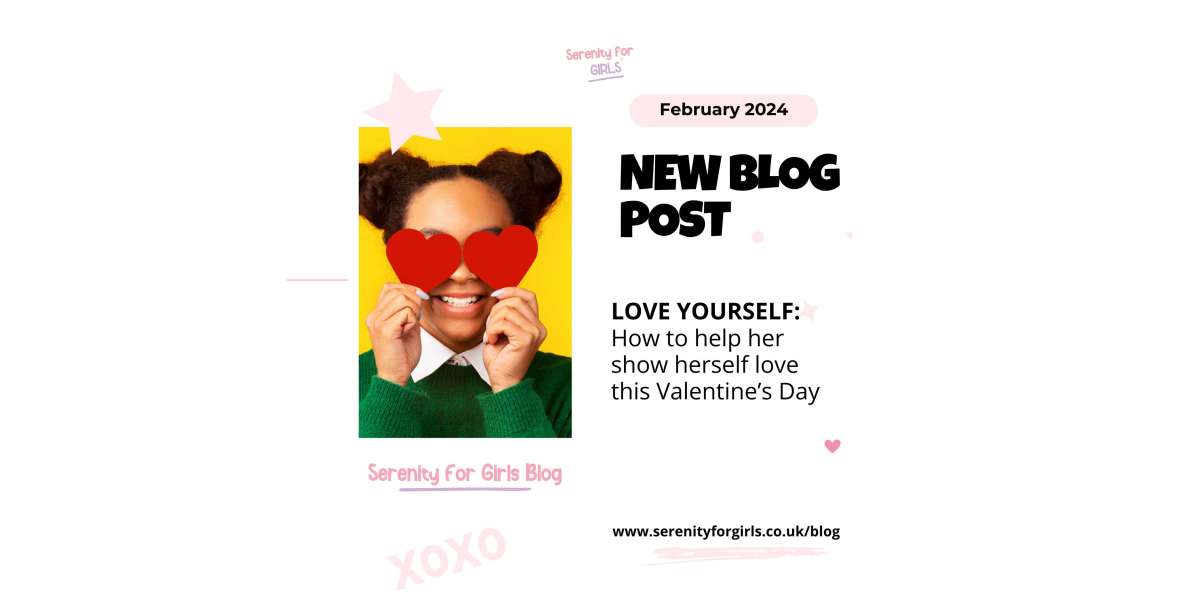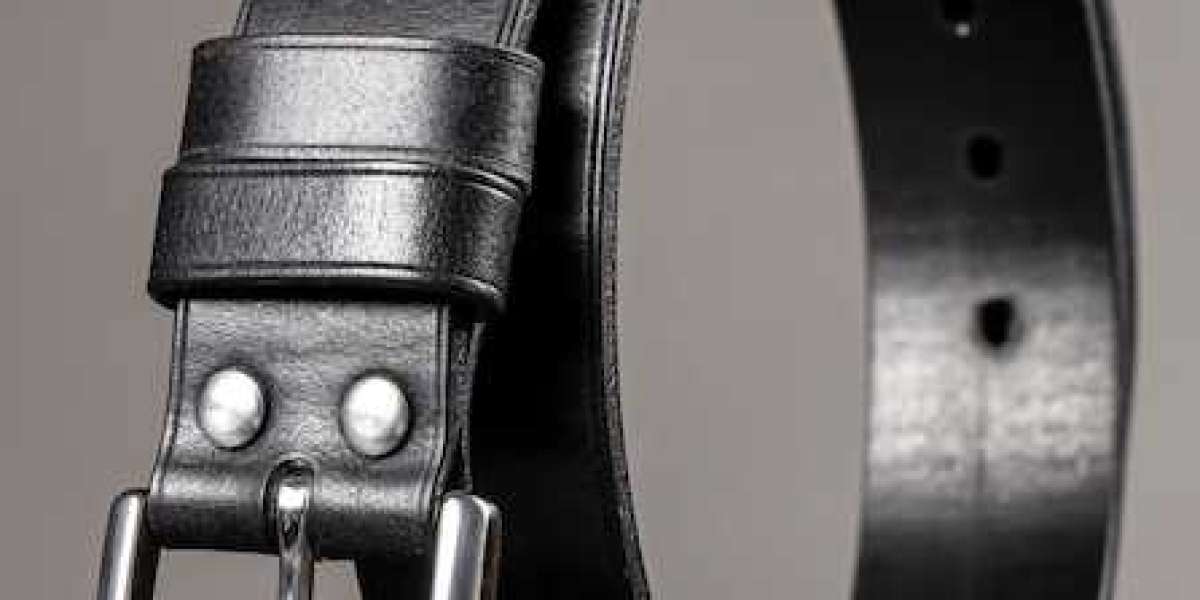With the month of February comes the thought of love. We think of pink settings and red hearts, endless bouquets of roses, ribboned balloons chocolates, and cards with slogans more on the cheesy than romantic side of things, splitting hearts in two with handwritten paragraphs of sweet nothings.
We’re shown through movies that from as early as pre-teens, Valentine’s Day is something to blush, crush excite over. Think of one of your favourite American films where in middle or high school, kids are rallied to que for the Valentine’s ball, or to send secret admirer notes that are handed out in front of class, a public statement to prove how much someone thought about you.
Think of what she has access to with that tiny device. She’s got Instagram (the place of perfect aesthetics); Twitter (the place of unfiltered opinion); TikTok (the place of fast-paced wildly varied videos); Snapchat (the place of snapshots easily hidden secrets); Pinterest (the space of what could be as opposed to what I have); YouTube (the space of everyday people sharing their lives in edited depth)—have I missed any?

Consider the influence and pressure applied by simply one of these social media platforms, and then consider all of them simultaneously. Nine times out of ten, your young girl has accounts or access to all of those lives, opinions, snapshots ideals at her fingertips and on demand, leaving minimal room for her own thoughts, likes, opinions, and dislikes.
This month, our goal is to help you help her alleviate some of those pressures, or even help her become aware of them. To those wondering if we may be being a little too proactive, I say otherwise. There’s more good than harm in helping her familiarise herself with the building blocks of healthy self-esteem, self-love, and self-worth from an early age if its navigated patiently, and according to your young girl and her needs.
TIP! Remember, crushes don’t always have to be romantic. Crushes can come in the form of idolisation, comparison, obsession + even aspiration. Regardless, these are all ways of our young girls deflecting from their worth, selves, value to praise someone else’s. While we can encourage healthy appreciation for things and people outside of us, how we view and feel about ourselves should always come first☺
Does she currently have a favourite T.V. show, movie, singer, influencer? In that show/movie, is there a character she seems to enjoy/laugh at/relate to/follow online more than others? Is this artist or influencer someone they often listen to or take advice from? Are there certain moods they have to be in to listen to this person? What is that mood? When they watch/listen to their favourite artist/character, what mood does it put them in?
How?
This is a good way to check in on how she views herself without directly asking her. You’re going through something (or someone) that’s an extension of her and more than likely, who she sees parts of herself in.
This is also a great way to see how she exists in states idolisation, delusion, lust, or plainly, like adoration. Either way, this is something good for you to note should this be a pattern in behaviour later.
***Feel free to make this your own! This is always just a guide
ACTIVITY
A self-love bingo card!
What you’ll need:
Device with internet connection
Printer (if you don’t own a printer, a catalogue, magazine, a coloured pen will do!)
Plain paper
Glue OR Sellotape OR blu-tack OR anything to stick paper together!
Scissors
Any accessories you feel fit (bobbles, sequins, furry balls, googly eyes, glitter etc)
How?
Grab your plain paper (or document if you’re doing this online) and create a large rectangle
In the rectangle, draw between 12-24 squares (big enough to write/stick images in) – or you can use the attached template
Have her fill in the squares with things she loves or likes about herself. She can write words in her favourite coloured pen OR make it a visual thing and find things related to that feeling online, print them off, and stick them on! There is no wrong way she doesn’t have to think of all the things right away.
Once the bingo card is completed, make it fun by giving her a reward, or better yet: a surprise!
Why?
The point of the self-love bingo card is for her to discover things she likes about herself in the day to day, notice these things, and mentally note them. This will get her into the habit of noticing the good in herself rather than the bad, and making it a point to remind herself because—"oooh, yes! I want to put that thing about me on my bingo card!”—it’s suddenly a game!
A game against yourself to recognise how much you love, like, and enjoy yourself?
BINGO CARD TEMPLATE

Don't forget you can gift your daughter with our Ultimate Confidence Kit - A 40-paged activity workbook curated for your pre-teen daughter. A workbook that will keep her busy and help her to recognise and embrace who she is. It also includes exclusive access to our up and coming online academy.
CLICK HERE = It's yours for just £7.00!








